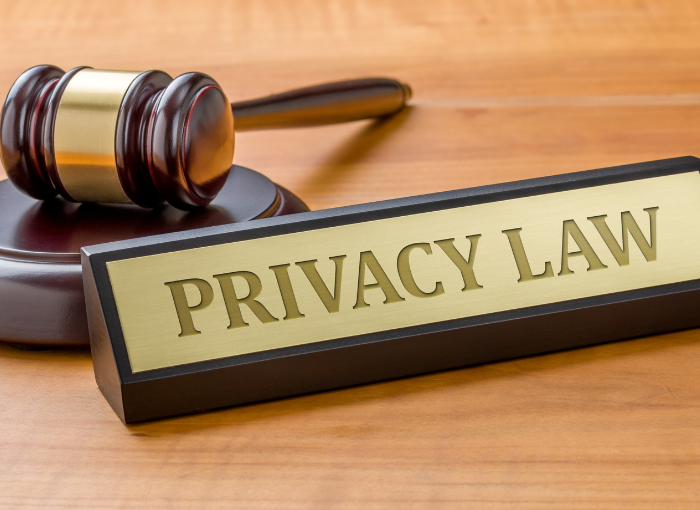Higher Education Voices: College Students’ Attitudes Toward Data Privacy
Higher Education Voices: College Students’ Attitudes Toward Data Privacy October 25, 2021 Jasmine Park and Amelia Vance Future of Privacy Forum Shared Under Creative Commons License Executive Summary A popular belief is that people who have grown up using digital technologies have little concern for the privacy of their data. This belief is particularly concerning because many in this age group live much of their academic and personal lives online, and some data holders have used this belief to justify inadequate privacy practices. Even before the COVID-19 pandemic forced many colleges and universities to transition to online learning, […]
Higher Education Voices: College Students’ Attitudes Toward Data Privacy Read More »







